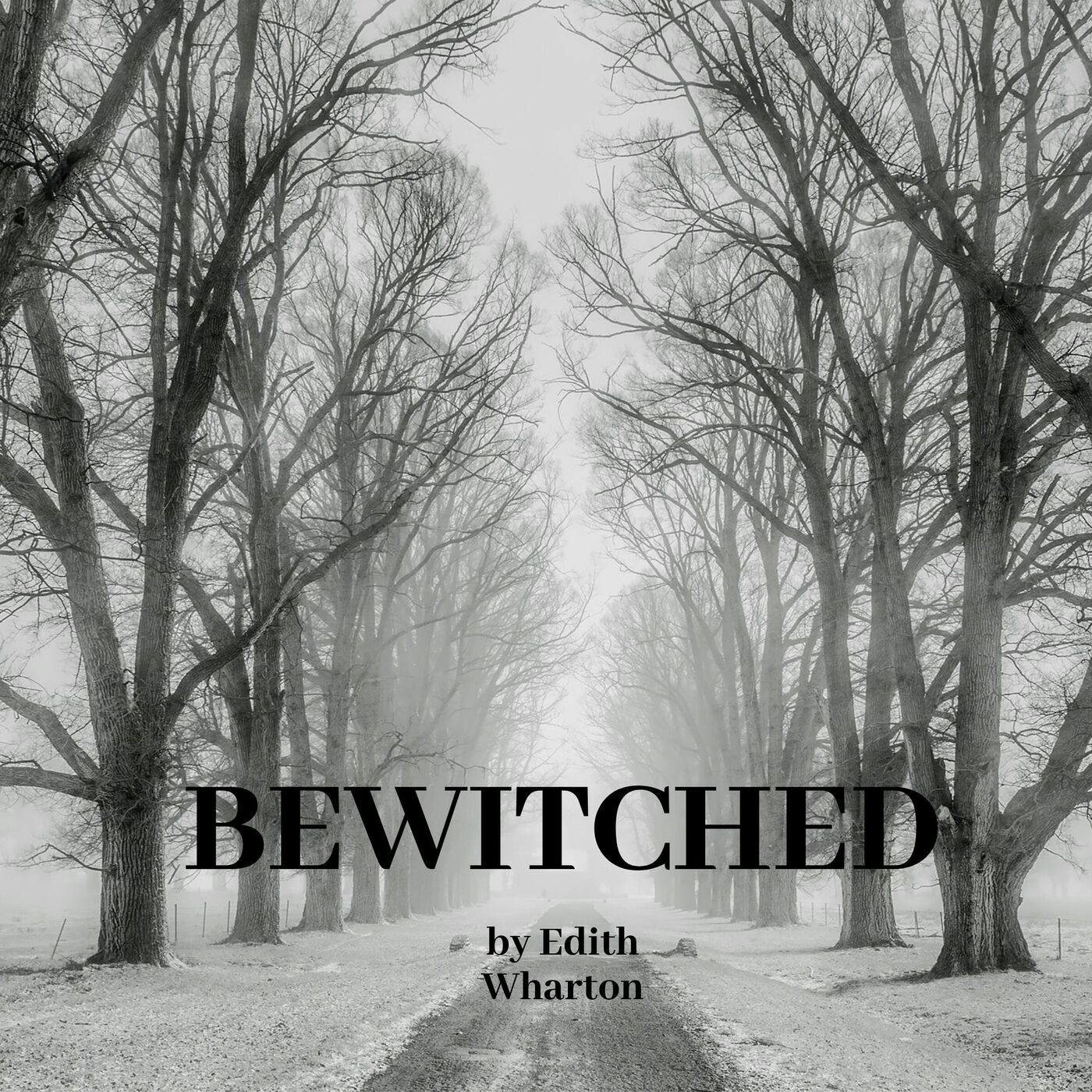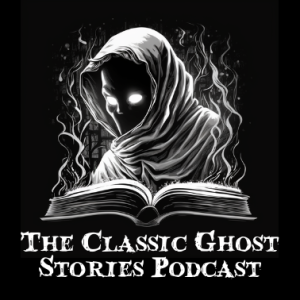
Edith Wharton, nee Jones, (born New York 1862, died aged 75 in France) was a famous American novelist. Her nickname interestingly was Pussy Jones. She was very high society and was a debutante and socialite. She was also a very good writer.Wharton wrote best-sellers such as The Age of Innocence, which won the 1921 Pulitzer prize, and Ethan Frome. She also wrote short stories, and among those short stories were several ghost stories.I think the first scene shows Wharton's mastery of her art. She introduces the three ordinary, taciturn men who are summoned without knowing why to the house of stern mrs Rutledge. She sets the scene: it's an isolated, rural area with primitive customs. Even more isolated at this time of the year because of the snow. Then she introduces the issue of her husband dilly-dallying with a revenant to much consternation and anger. The first scene ends with the dramatic entry of Mr Rutledge, who has precious little to say for himself. The characters are so well drawn and we end with a promise.The themes of rural isolation and old customs held by primitive folk is echoed throughout the later weird literature with Lovecraft making judicious use of it in the same New England, and then the Folk Horror films of the 1970s do the same in rural Old England (and Scotland for The Wicker Man). We see the same theme of rurality and superstitious ancient customs in this year's folk horror movie Midsommar, set in Sweden.And then the party breaks up. By chance they go to the scene of the haunting earlier than planned. There, Brand shoots someone in the ruined house (another trope). They've seen footprints on the snow both too light to be human and the snow too cold to be borne by a living person, so that seems to set up the ghost as real. But who does Brand shoot?Then the ghost's sister dies. Did Brand shoot his own daughter? If he did, then this is no ghost story, but presumably the Rutledge's knew the difference between the dead and living daughter? Unless old Saul Rutledge is just an old dog and knows fine well that the flesh he's enjoying is warm and alive but it suits him to portray it as a haunting...I don't know. After the funeral, Mrs Rutledge's plain ordinary words seal the community as a coming back to their plan old ordinary ways, the "forbidden things" as the Deacon repeats, put away (but not forgotten)Next week, I think I'm going to do Lovecraft's Dagon, though I am being pulled towards Le Fanu's Carmilla, which is quite long and would need a couple of episodes.We shall see.https://tonywalker.substack.com/about (Subscribe For All Episodes!)Support the show
view more
Visit us here: www.ghostpod.org
Buy me a coffee if you're glad I do this: https://ko-fi.com/tonywalker
If you really want to help me, become a Patreon: https://www.patreon.com/barcud
Music by The Heartwood Institute: https://bit.ly/somecomeback
Learn more about your ad choices. Visit megaphone.fm/adchoices
More Episodes
The Company Of Wolves by Angela Carter
 2022-11-11
2022-11-11
 2022-11-11
2022-11-11
The Witch Door by Ray Bradbury
 2022-11-04
2022-11-04
 2022-11-04
2022-11-04
The Whitehaven Bodysnatcher by Tony Walker
 2022-10-27
2022-10-27
 2022-10-27
2022-10-27
Sardonicus By Ray Russell
 2022-10-20
2022-10-20
 2022-10-20
2022-10-20
Basil Netherby By A C Benson
 2022-10-13
2022-10-13
 2022-10-13
2022-10-13
Brickett Bottom by Amyas Northcote
 2022-10-06
2022-10-06
 2022-10-06
2022-10-06
One, Two Buckle my Shoe by Nugent Barker
 2022-09-29
2022-09-29
 2022-09-29
2022-09-29
The Birds By Daphne Du Maurier Audiobook
 2022-09-22
2022-09-22
 2022-09-22
2022-09-22
The Outcast by E F Benson
 2022-09-16
2022-09-16
 2022-09-16
2022-09-16
Pallinghurst Barrow by Grant Allen
 2022-09-08
2022-09-08
 2022-09-08
2022-09-08
The Doll by Daphne du Maurier
 2022-09-02
2022-09-02
 2022-09-02
2022-09-02
A Pair of Muddy Shoes by Lennox Robinson
 2022-08-25
2022-08-25
 2022-08-25
2022-08-25
The Ghost Ship by Richard Middleton
 2022-08-19
2022-08-19
 2022-08-19
2022-08-19
The Entrance by Gerald Durrell
 2022-07-29
2022-07-29
 2022-07-29
2022-07-29
The Nameless Offspring by Clark Ashton Smith
 2022-07-22
2022-07-22
 2022-07-22
2022-07-22
The Eye of The Cat by Ruskin Bond
 2022-07-08
2022-07-08
 2022-07-08
2022-07-08
012345678910111213141516171819
Create your
podcast in
minutes
- Full-featured podcast site
- Unlimited storage and bandwidth
- Comprehensive podcast stats
- Distribute to Apple Podcasts, Spotify, and more
- Make money with your podcast
It is Free
- Privacy Policy
- Cookie Policy
- Terms of Use
- Consent Preferences
- Copyright © 2015-2024 Podbean.com






